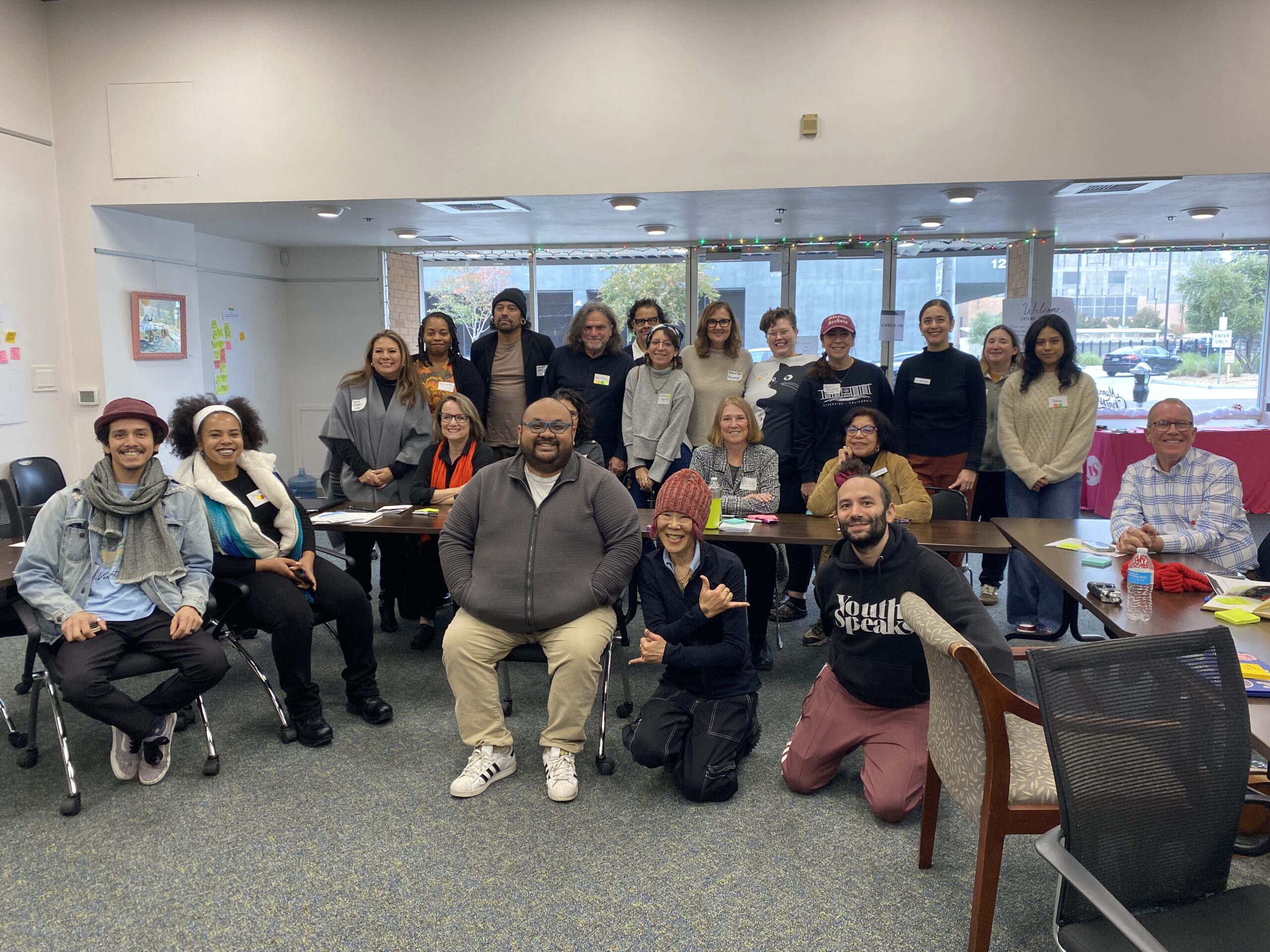By Colby Tibbet, Keirra Woods and Keishaye Woods
FRESNO, Calif. – For over 30 years, Mike Rhyne has been waking up at 2 a.m. to begin his workday. He makes between $500-600 a week. Like many people who choose to be self-employed, Rhyne enjoys the autonomy.
“The freedom that comes with it. It’s rewarding,” said Rhyne, of his prefered job.
Rhyne is a recycler. Every morning Rhyne walks his shopping cart through Fresno’s residential neighborhoods and business districts to collect bottles, cans, and other recyclables. He is just one of the 150 recyclers that use Bulldog Recycling every day to exchange the used materials they collect on the streets for cash.
Tucked between California Highway 99 and “Motel Drive” in an area known for high drug-use, prostitution, and transient families, Bulldog Recycling is one of four large-scale recycling centers, and more than 25 smaller recycling bins, in Fresno that recyclers frequent on a daily basis to make ends meet.
These large-scale recycling centers take not only plastic bottles and aluminum cans, but also metals, electronic waste, and car parts, which people “scrap” for cash. Many customers that recycle live near the centers and are considered regulars — coming several times a week or even multiple times a day.
Like many recyclers, Rhyne works the early hours for several reasons.
“One, it’s cooler during the summer,” said Rhyne. “Summer is the busiest part of the year for recycling companies, due to more people drinking soft drinks, alcoholic beverages and water from cans and bottles.”
“And the other is you don’t get bothered as much,” he added.
This sentiment, which is shared by other recyclers, is compounded by Fresno’s recent shopping cart ordinance, which makes it illegal to be seen with a shopping cart outside of grocery stores and parking lots. Recycling in the dark and quiet of night makes it easier to avoid the fines or even misdemeanor charges that accompany the ordinance.
Santiago Ruiz, a regular from the neighborhood, said, “You need to be quick and quiet. I use my bike and my hands,” he added.
Ruiz, 42, is a typical recycler. He does 4-5 runs each day, and earns $7 to $20 per run.
On runs, recyclers follow routes – paths taken through neighborhoods and businesses. Though recyclers like to keep their routes consistent, most respect the “first come, first served” rule. This makes backup routes important for those whose survival depends on recycling revenue, like Ruiz, who started when he ran out of other options.
“I went broke and stopped asking money from my family,” he said.
Eliana Owens, 29, started recycling because of her brother, who is mentally disabled.
Owens and her two brothers are homeless. She left her previous job when taking care of her brother began to take too much time. Now the three recycle together, generating enough cash for food and, if they’re lucky, a place to stay.
“I make about 50 dollars a day,” said Owens. “Anything I can get, plastic, metal, everything,” she added. Owens regularly collects microwaves, bed frames, computer parts and extension cords which can all be broken down and sold by weight.
Owens uses her bare hands and her hammer to break apart materials. Separating aluminum from steel generates higher revenue. It’s hard labor, but Owens sees the difference when she gets paid.
“Everything adds up,” she said.
Those who use their shopping carts to work late nights, walking up and down alleys and curbsides to avoid run-ins with law enforcement, say it’s an honest living and better than some of the alternatives.
“I could be selling drugs,” said Ruiz. “It’s dirty, but its money.”


